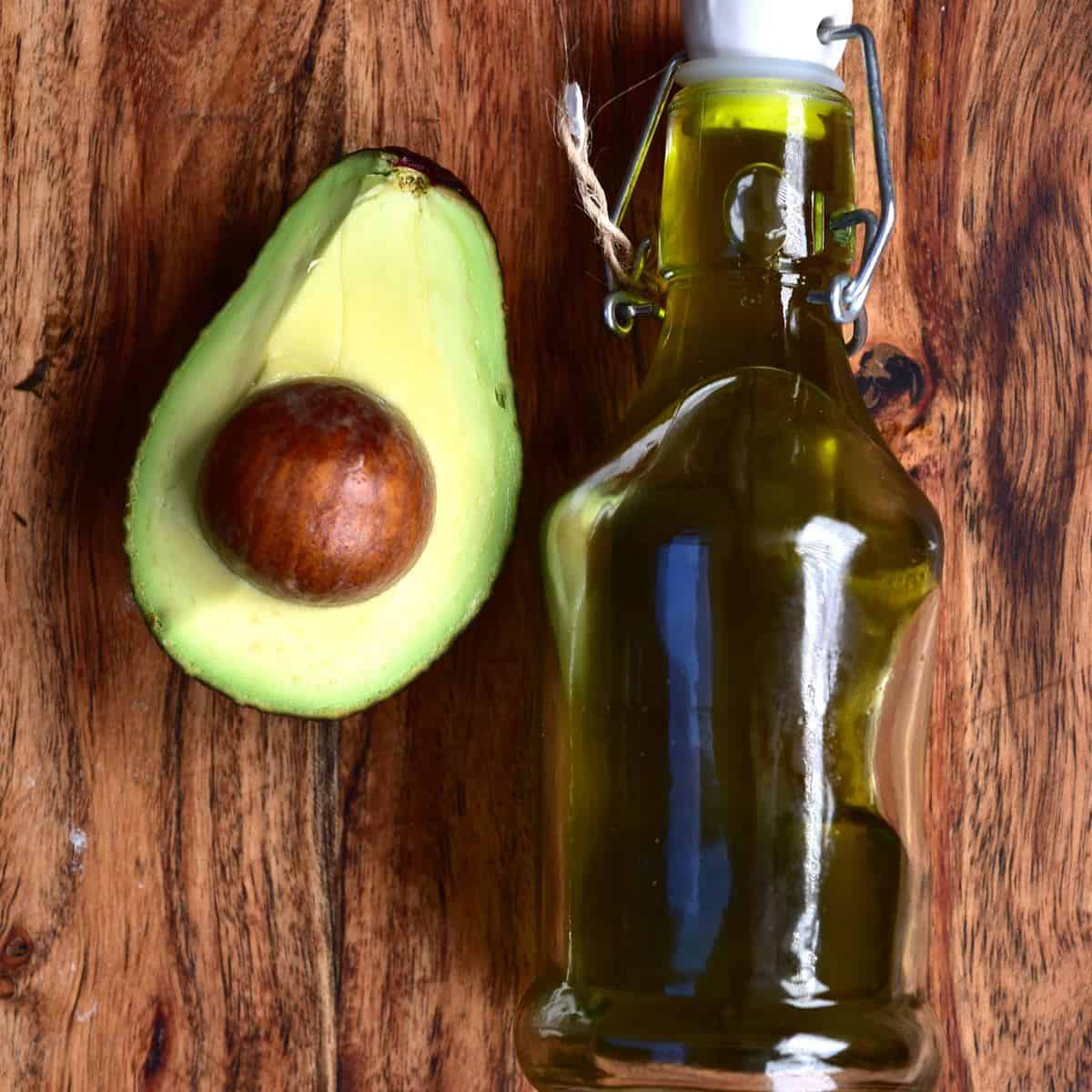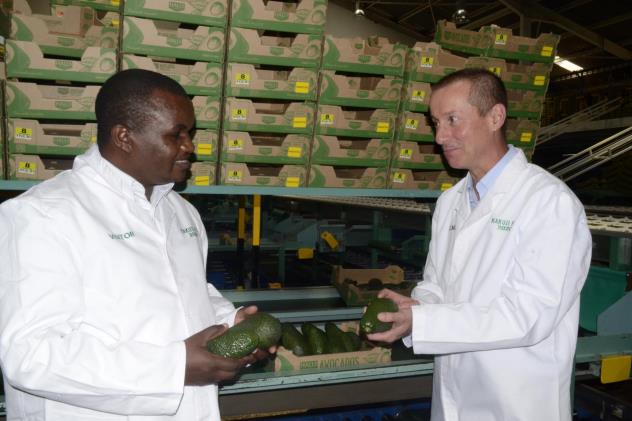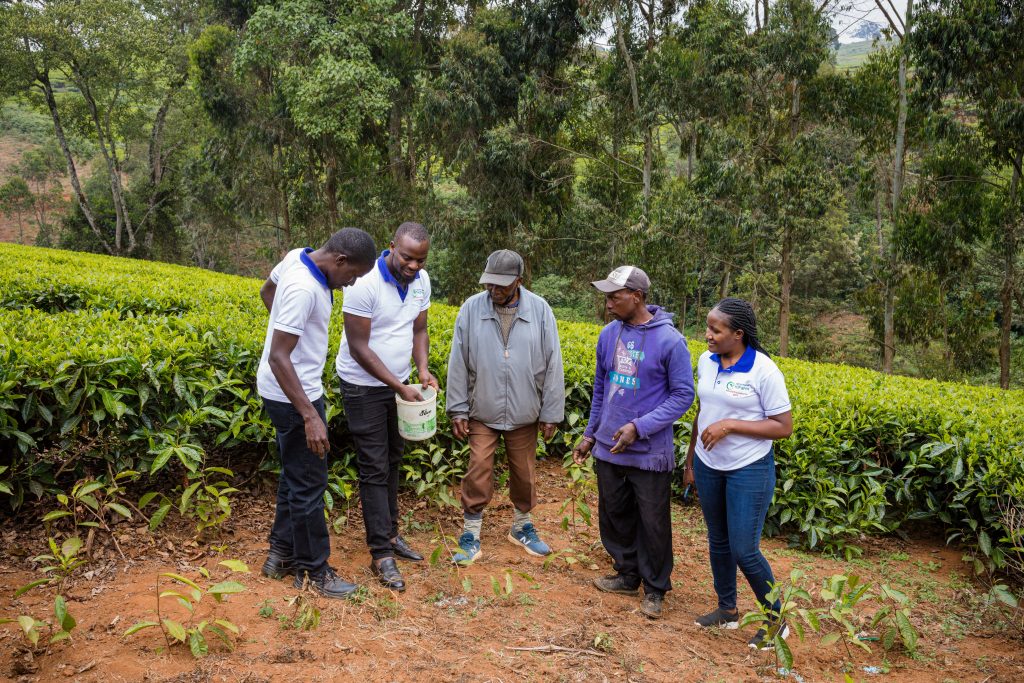
By George Munene
The retail price of one liter of cooking has risen to over Sh350, an almost 50 per cent jump from last year. Incredulously, avocadoes-- a rich source of natural cooking oil are rotting on farms across Kenya.
This has pushed farmers such as Japhet Kabesa in Vihiga County to look into processing avocadoes into cooking oil.
“For years we’ve been lamenting about a lack of market for our fruits, the bulk of which rot on our farms while we continue paying ever-rising prices for cooking oil.
We have collectivised as a group of 300 farmers with over 2,000 trees and are looking into setting up an avocado cooking oil business which we hope will arrest this,” said Japhet on the phone with Farmbiz looking for an avocado oil extractor".
Though it's a novel product, given it is natural and will be relatively affordable, he has no doubt it is something people will eventually embrace.
Nasirembe Wanjala, an agricultural engineer in charge of agricultural mechanisation at the Kenya Agricultural and Livestock Research Organisation (KALRO), Katimani, explains that since the rise in international demand for palm oil has seen Malaysia--Kenya’s largest palm oil exporter-- restrict exports his phone has not stopped ringing with inquiries on avocado oil extractor machines.
Related News: Chinese traders plan on increasing Kenyan avocado imports
”KALRO used to research on manual oil extractors which had to be discontinued because they were labour intensive, not easily portable, and costly to fabricate. Through a (PPP) public-private partnership arrangement we train and fabricate individual components of the electric oil expeller with artisans in Machakos,” he said.
With this machine, farmers can press 15 to 20 liters an hour depending on the quality and source of raw material as well as the expertise of the machine operator.
On average, four kilos of avocado yield one liter of oil, but this again hinges on the raw material. Avocadoes growing in areas with abundant rains such as Kisii and Muranga have more moisture content and will require about three kilograms while those cultivated in more arid regions such as Machakos or Makueni may require seven kilograms to yield one litre of oil.

Electric oil extractor
The electric oil extractor can process virgin oil which is made from fresh avocado and preheated oil, extracted from ripened and dried avocadoes.
The avocado is first cut and fed into a hopper. It is then picked by an auger and pulverised in a compression chamber. From there the oil is released and the cake remains extruded. Depending on its intended use, the avocado oil is then sieved for dirt or suspension.
The waste can be used as biomass for biogas, making soaps, cosmetics, window pane putty, and many other products.
If it is meant for consumption, the oil may need to be purified before oxidizing.
Related News: New platform helps link avocado farmers to local and export buyers
Related News: Nakuru farmers get avocado, macadamia markets & cheap loans from new program
Other value addition processes such as water separation, filtration, centrifugal separation, stilling, and distillation can further be employed.
The machine runs on a single-phase two-horsepower motor. It is also fitted with a spiral auger mechanism that ensures continuous feeding.
Nasirembe points out that the electrical oil extractor is now priced at Sh75,000 but its price shifts depending on the cost of materials such as the stainless material, gearbox, and motor.
“There is currently no standard price for avocado oil; depending on the raw materials used, and method of extraction it can cost anywhere from Sh200 to Sh400 a liter. Virgin oil is more expensive as it’s costlier to make,” he added.
Nasirembe Wanjala, KALRO: 0733812953
Write comment (0 Comments)
















